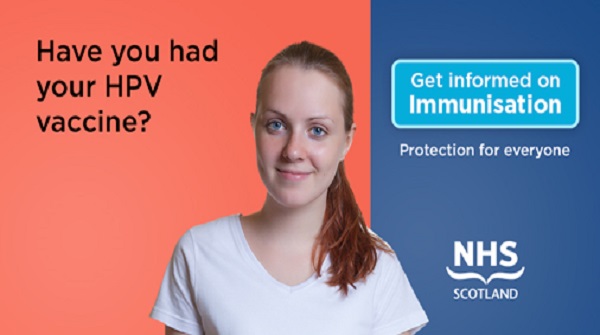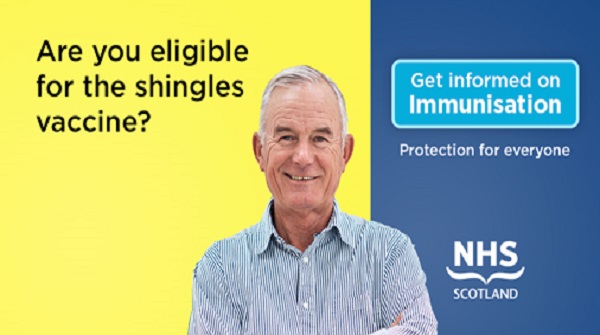Vaccination success not immune from challenge of inequality
- Nuala Healy
- 27 April 2018
- Immunisation

As we head into new era for public health in Scotland we must not forget one of the cornerstones of public health – immunisation. While heralded as one of the most important public health interventions after clean water, this constant in the ever-changing world of public health is not exempt from one of the key challenges facing public health – inequality.
In 2019 NHS Health Scotland will come together with Health Protection Scotland (HPS) and Information services Division (ISD) – three of the key players in the Scottish Immunisation Programme effort – to create a new national public health body. This change offers greater potential for ongoing efforts to improve immunisation uptake, especially among people with weakened immune systems, and those who may be at greater risk from the diseases that immunisation can prevent.
But to date, the Scottish Immunisation Programme has a lot to be proud of in terms of both reducing the incidence of disease and also the demand on NHS services.

HPV immunisation has been on offer in secondary schools in Scotland since 2008 and is already making a difference. Evidence shows the high uptake of the HPV vaccine has helped to reduce levels of cancer-causing HPV in young women in Scotland by 90%.
HPS have also published the impact of the rotavirus vaccine (rotavirus is the main cause of vomiting and diarrhoea in young children). Before the national infant vaccination programme was introduced in 2013, an estimated 55,000 episodes of rotavirus-induced gastroenteritis occurred each year in children under 5 years old. Around 1,200 of these children were hospitalised. Since then, this figure has reduced to around 290 children. We have also seen a marked reduction in children attending A&E or their GP because of rotavirus infection, with evidence of a ‘herd effect’ of protection among older age groups not eligible for the vaccine.
Vaccines are also making a major contribution to the fight against meningitis, with free vaccines against many types of meningococcal disease offered across the routine Scottish childhood immunisation schedule.
But while there is much to celebrate, we must be mindful that there is lower uptake of some vaccines among eligible groups of people, and this is largely affected by where people live and their socio-economic backgrounds.

The shingles vaccine – while a relative newcomer to the Scottish Immunisation Programme – helps protect against a debilitating illness mainly affecting older people that has already reduced the number of cases and chronic complications. Despite this, uptake of the vaccine in Scotland has been declining and the inequalities gradient is clear with higher uptake in less poor areas. We need to think creatively about how we improve reach of this effective vaccine. The third sector and other grass roots organisations could make a valuable contribution here, particularly those who help and support the more vulnerable segment of this age cohort. From September 2018, eligibility will be easier when everyone aged 70-79 will be offered the vaccine.
Uptake of the annual flu vaccine is also an ongoing challenge to ensure those most vulnerable to flu are protected each year against an unpredictable and ever changing virus. Flu caused problems for NHS Scotland this past, harsh winter with double the amount of normal flu cases in December 2017. While experts are working hard to improve the effectiveness of the vaccine, year on year, it is still the best defence we have against this highly infectious illness.
The Vaccination Transformation Programme (VTP) in Scotland (which officially started this month) has put the inequalities gap at the core of its 3-year programme of work. As Scotland redesigns and modernises vaccine services, the new public health body will have a critical role to help maintain good uptake and reduce health inequalities. It will make it easier to collaborate more closely with NHS Board Immunisation leads, Scottish Government and NHS Education for Scotland (NES).
I am personally excited about the potential that the new public health body offers to improve vaccine uptake rates and protect all children and adults from many preventable illnesses.
To subscribe to our blog, please email us.
